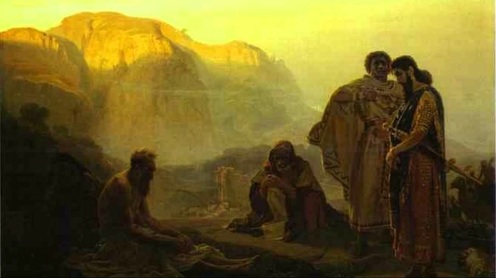Thoughts of Death in a Cruel World:
|
Jennifer Hecht is the author of seven books of history, philosophy, and poetry, including the bestseller Doubt: A History. Her most recent works are Stay: A History of Suicide and the Philosophies Against It, out from Yale University Press, and Who Said, a poetry book with Copper Canyon. Hecht’s The End of the Soul: Scientific Modernity, Atheism, and Anthropology won Phi Beta Kappa’s Ralph Waldo Emerson Award “For scholarly studies that contribute significantly to interpretations of the intellectual and cultural condition of humanity.” Publisher’s Weekly called her poetry book, Funny, “One of the most original and entertaining books of the year.”
Hecht has written for The New York Times, The Washington Post, The Boston Globe, and The New Yorker. She has served as judge for literary prizes including the National Book Award. Hecht holds a Ph.D. in the history of science from Columbia University and now teaches in the MFA program at the New School in New York City. This article is adapted and condensed from the recently released volume Abraham’s Dice, an exploration of scientific and theological responses to notions of chance and providence, edited by Karl Giberson and published by Oxford University Press. |




